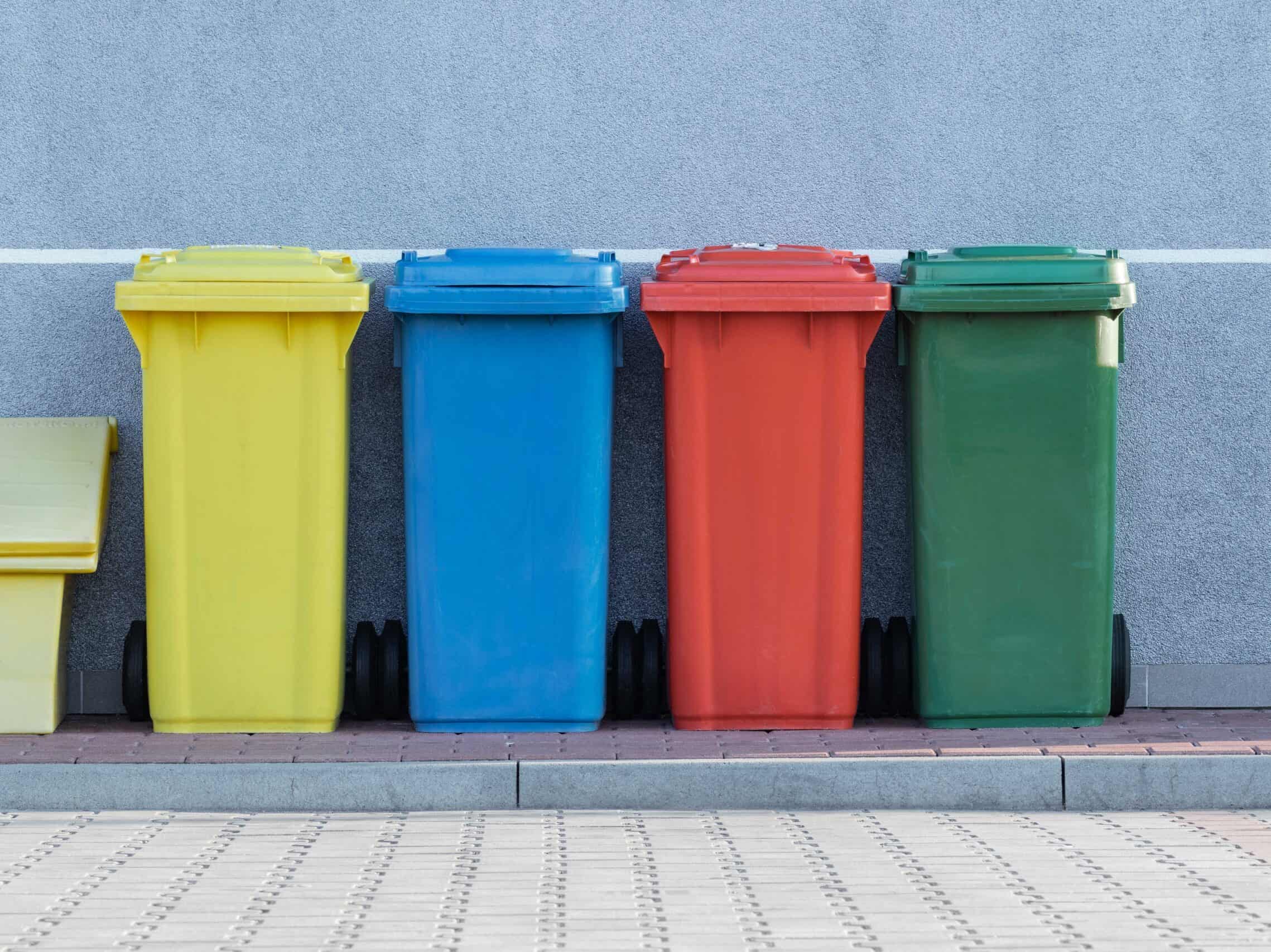Responsible Electronic Waste Disposal: A Guide to Protecting the Environment.
In today’s fast-paced world, technology evolves rapidly, and with each advancement comes the inevitable replacement of electronic devices. From smartphones and laptops to televisions and home appliances, electronic waste, or e-waste, has become a significant environmental concern. Dispose Electronic Waste Bangalore properly is crucial not only for environmental protection but also for safeguarding human health and conserving valuable resources.

The Growing Challenge of E-Waste
E-waste is one of the fastest-growing waste streams globally. According to the Global E-waste Monitor, the world generated 53.6 million metric tons of e-waste in 2019, and this number is projected to increase to 74 million metric tons by 2030. The improper disposal of e-waste poses severe environmental risks. Many electronic devices contain hazardous materials, including lead, mercury, cadmium, and brominated flame retardants, which can leach into the soil and water when not disposed of correctly. This can lead to contamination of natural resources, posing a threat to ecosystems and human health.
Why Proper Disposal is Essential
Proper disposal of e-waste ensures that these toxic materials do not end up in landfills, where they can cause long-term environmental damage. Additionally, many electronic devices contain valuable materials like gold, silver, copper, and rare earth metals. By recycling e-waste, we can recover these materials and reduce the need for mining, which is often environmentally destructive.
Beyond environmental concerns, proper e-waste disposal is also a matter of social responsibility. In many developing countries, informal e-waste recycling operations are common. These operations often involve unsafe practices, such as burning or acid-leaching, which expose workers and nearby communities to harmful chemicals. By ensuring that our e-waste is handled by certified recycling facilities, we can help prevent these dangerous practices and promote safe, sustainable recycling.
How to Dispose of Electronic Waste
Disposing of electronic waste responsibly begins with understanding your options. Here are some key steps you can take:
-
Recycling Programs: Many manufacturers and retailers offer take-back programs where you can return your old electronics for proper recycling. These programs are designed to ensure that devices are dismantled and recycled in an environmentally friendly manner.
-
E-Waste Collection Events: Many communities hold e-waste collection events where residents can drop off their old electronics for free. These events are often sponsored by local governments or environmental organizations and ensure that e-waste is handled responsibly.
-
Certified E-Waste Recyclers: If you have electronic devices that need to be disposed of, seek out certified e-waste recyclers. Certification programs, such as R2 (Responsible Recycling) and e-Stewards, ensure that recyclers adhere to strict environmental and safety standards.
-
Donate or Resell: If your electronic devices are still functional, consider donating them to schools, non-profits, or community organizations. You can also sell them through online platforms. Extending the life of your electronics reduces the demand for new devices and minimizes e-waste.
-
Data Security: Before disposing of any electronic device, ensure that all personal data is removed. Many recyclers offer data destruction services, but it’s always a good idea to wipe your devices before handing them over.
The Role of Legislation and Corporate Responsibility
Governments and corporations also play a crucial role in managing e-waste. Legislation, such as the EU’s Waste Electrical and Electronic Equipment (WEEE) Directive, mandates that manufacturers take responsibility for the disposal of their products. Meanwhile, corporations can contribute by designing products with longer lifespans and using materials that are easier to recycle.
Conclusion
Dispose Electronic Waste Bangalore responsibly is not just an environmental necessity; it’s a moral obligation. By taking simple steps to ensure our e-waste is recycled or repurposed, we can protect the planet, conserve valuable resources, and promote a more sustainable future. Together, we can turn the growing challenge of e-waste into an opportunity for positive change.
Comments
Post a Comment